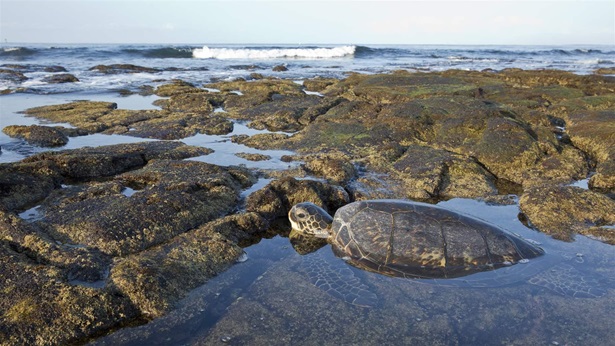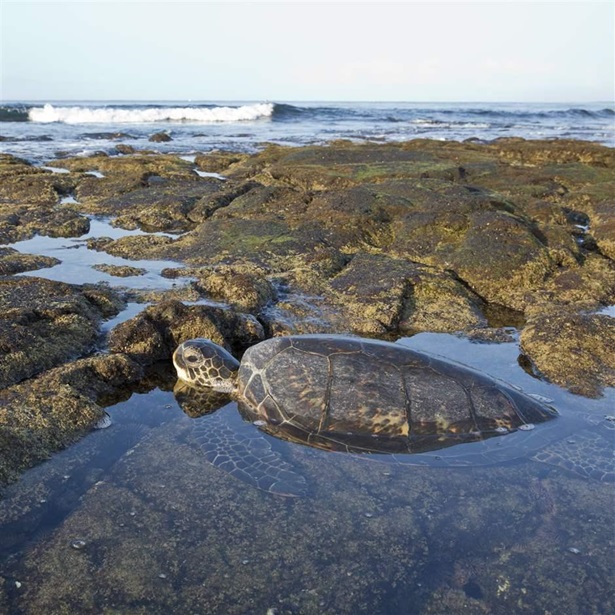Measures to Improve the Health of our Oceans
Since 1993, The Pew Charitable Trusts has worked to protect ocean wildlife and ecosystems in the United States. Pew’s early efforts focused on ending overfishing and rebuilding depleted populations by advocating for strong conservation provisions contained in the Magnuson-Stevens Fishery Conservation and Management Act, the primary federal law governing the nation’s ocean fisheries.
Pew worked with partners to implement the law and establish science-based catch limits for all federally managed fish populations and expand the focus in fisheries management from the health of individual fish stocks to one that recognizes the interdependence of ocean life. This approach, known as ecosystem-based fisheries management, is defined by several principles, including:
- Protecting and sustaining forage fish that support valuable fish stocks and are a food source for marine wildlife.
- Protecting valuable habitat, such as deep-sea corals, from damaging fishing practices.
- Minimizing practices that lead to bycatch—the incidental harm of fish, seabirds, whales, and other species.
- Ensuring a precautionary approach to expanding fishing in new areas or for new species.
- Establishing fishery ecosystem plans that incorporate a broader perspective than the conventional species-by-species approach to fishery management.
Pew continues to work with scientists, managers, fishermen, and conservationists to protect the advances that have been made in fisheries management, advocate for sustainable fishing, and promote an ecosystem-based approach to fisheries management regionally and at the federal level.
In 2019, Pew further expanded its commitment to ocean conservation to include safeguarding essential coastal habitats with the new Conserving Marine Life in the U.S. project.



